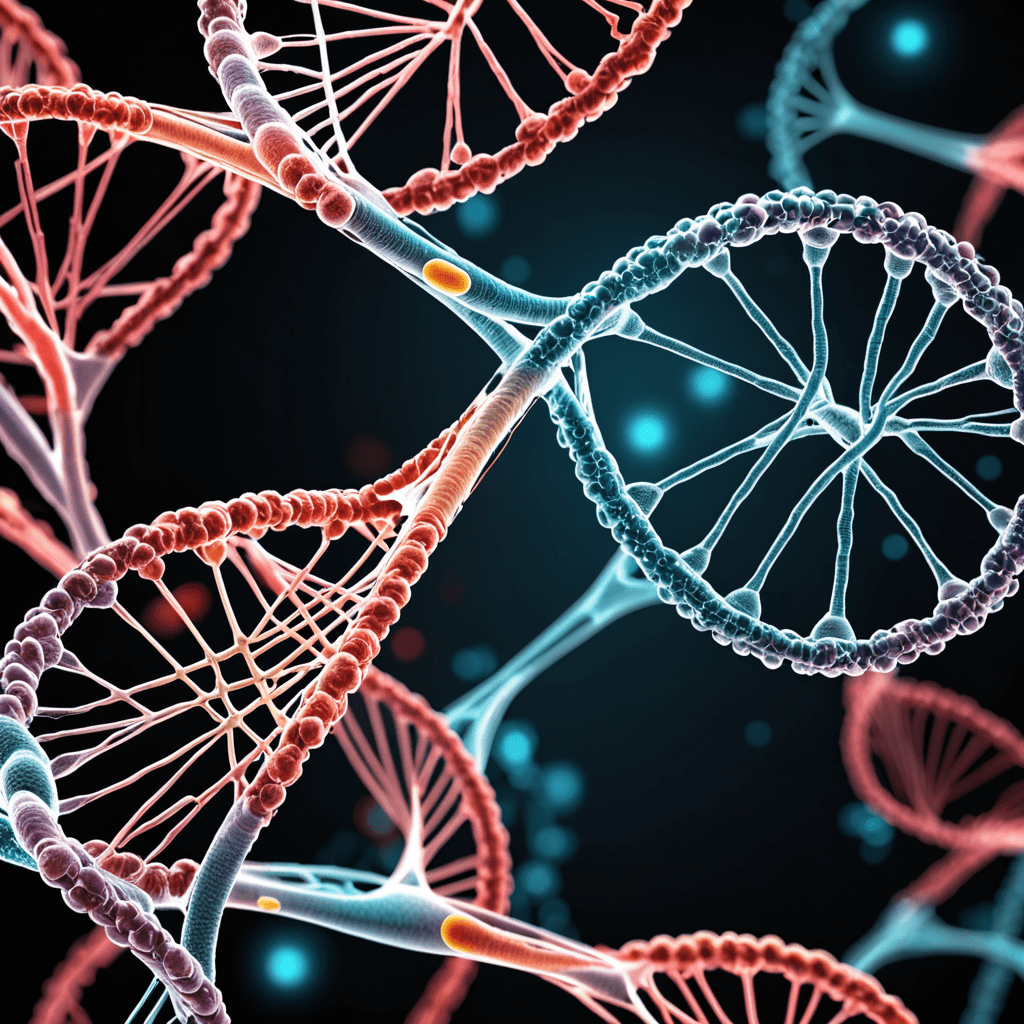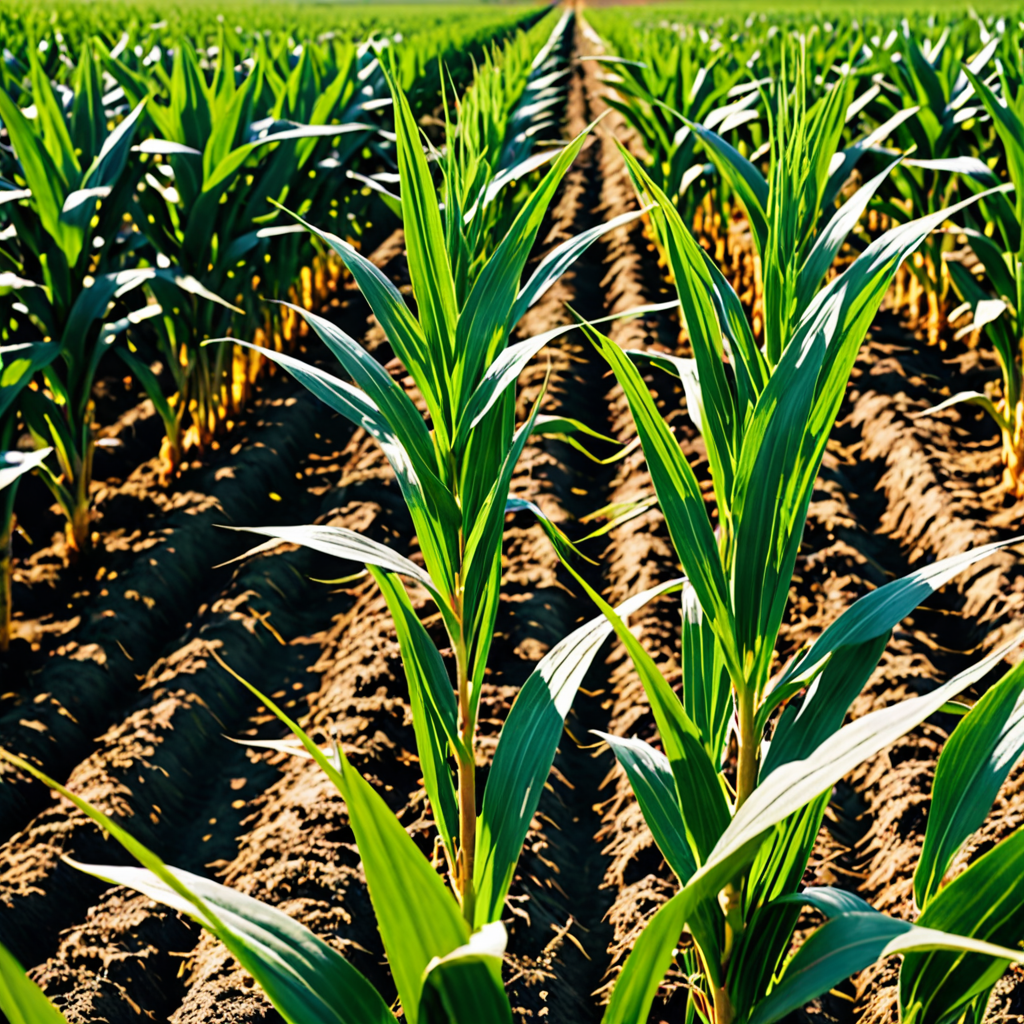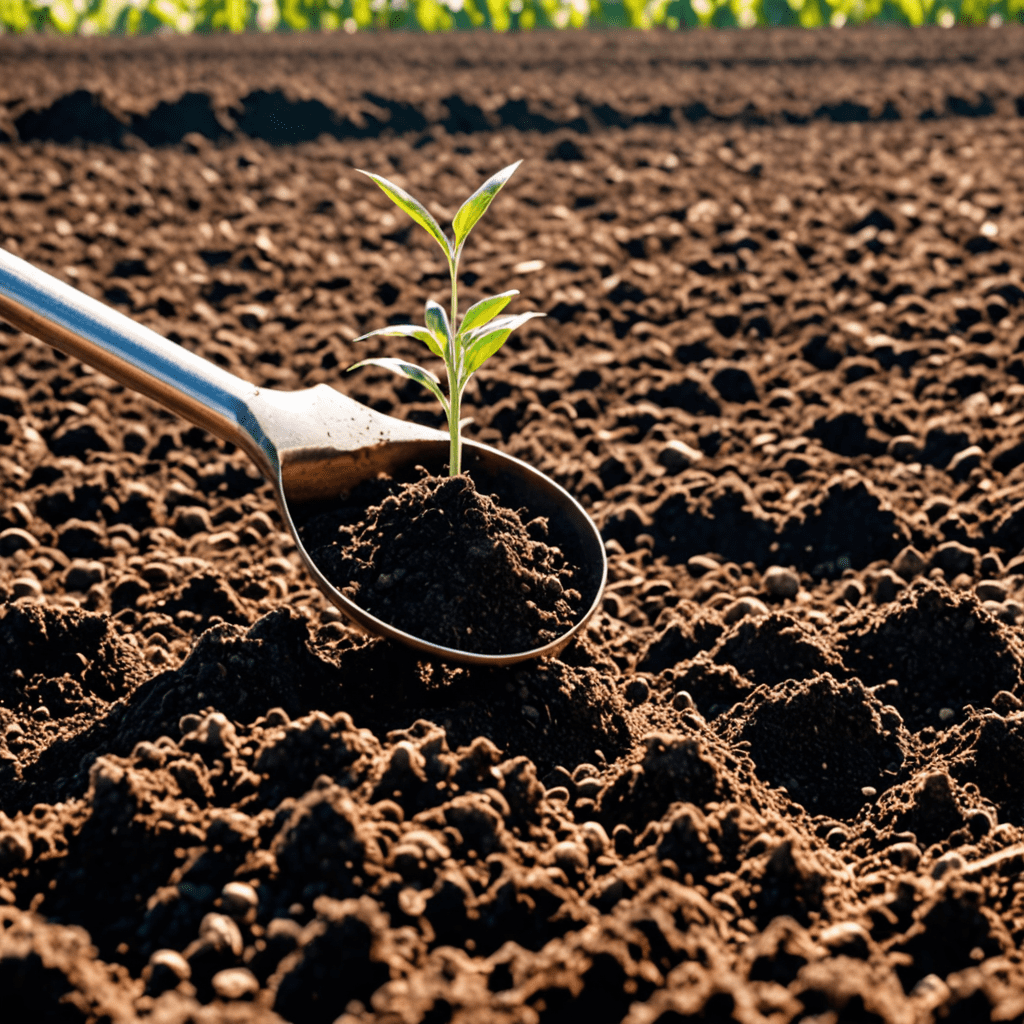Advancements in Biotechnology for Environmental Conservation
Introduction to Biotechnology and Environmental Conservation
Biotechnology has revolutionized the field of environmental conservation by offering innovative solutions to address pressing environmental issues. This blog post explores the significant applications of biotechnology in environmental conservation efforts.
Bioremediation: Cleaning Up Contaminated Environments
Bioremediation, a biotechnological process, involves using microorganisms to degrade pollutants in soil, water, and air. By harnessing the natural capabilities of these microorganisms, bioremediation offers a sustainable and cost-effective method for cleaning up contaminated environments.
Biological Pest Control: Preserving Ecosystem Balance
Biotechnology plays a crucial role in biological pest control by utilizing natural predators or pathogens to manage pest populations. By reducing the reliance on chemical pesticides, biotechnological solutions help preserve the delicate balance of ecosystems and protect biodiversity.
Genetic Engineering for Crop Improvement
Genetic engineering techniques enable scientists to develop crops with enhanced resistance to pests, diseases, and environmental stressors. By creating genetically modified organisms (GMOs), biotechnology enhances crop yields, reduces pesticide use, and promotes sustainable agriculture practices.
Biofuels: Sustainable Energy Sources
Biotechnology has facilitated the production of biofuels from organic materials such as algae, corn, and sugarcane. These renewable energy sources offer a cleaner alternative to fossil fuels, reducing greenhouse gas emissions and mitigating climate change impacts.
Biological Control of Invasive Species
Invasive species pose a significant threat to native ecosystems and biodiversity. Biotechnology provides solutions for the biological control of invasive species by introducing natural enemies to regulate their populations, minimizing ecological disruptions caused by invasive species.
Monitoring Environmental Health with Biotechnology
Biotechnological tools, such as DNA sequencing and biosensors, enable the monitoring of environmental health indicators like water quality, air pollution, and biodiversity. By providing timely and accurate data, biotechnology aids in decision-making processes for effective environmental conservation strategies.
In conclusion, biotechnology offers a diverse range of applications that contribute to the preservation and restoration of our environment. By harnessing the power of living organisms and genetic manipulation, biotechnological solutions play a vital role in sustainable environmental conservation efforts.
Biotechnology Applications in Environmental Conservation FAQ
What is biotechnology and how is it applied in environmental conservation?
Biotechnology involves using biological systems, organisms, or derivatives to create products or processes beneficial to humans. In environmental conservation, biotechnology is applied to develop solutions for pollution control, waste management, and sustainable agriculture.
How does biotechnology help in remediation of polluted environments?
Biotechnology aids in remediation by utilizing microorganisms, plants, or enzymes to break down pollutants into less harmful substances. This process, known as bioremediation, is cost-effective and environmentally friendly compared to traditional cleanup methods.
What role does biotechnology play in preserving biodiversity?
Biotechnology contributes to preserving biodiversity by assisting in the conservation of endangered species through techniques like cloning, genetic engineering, and genomics. These tools help in understanding and protecting diverse ecosystems.
Can biotechnology support sustainable agriculture practices?
Yes, biotechnology promotes sustainable agriculture by enhancing crop productivity, developing pest-resistant plants, and reducing the need for chemical pesticides. Biotechnological innovations also aid in water conservation and soil fertility preservation.
How is biotechnology utilized in waste management and recycling processes?
Biotechnology is employed in waste management through techniques like biodegradation, composting, and bioleaching. Microorganisms are harnessed to break down organic waste, turning it into valuable


